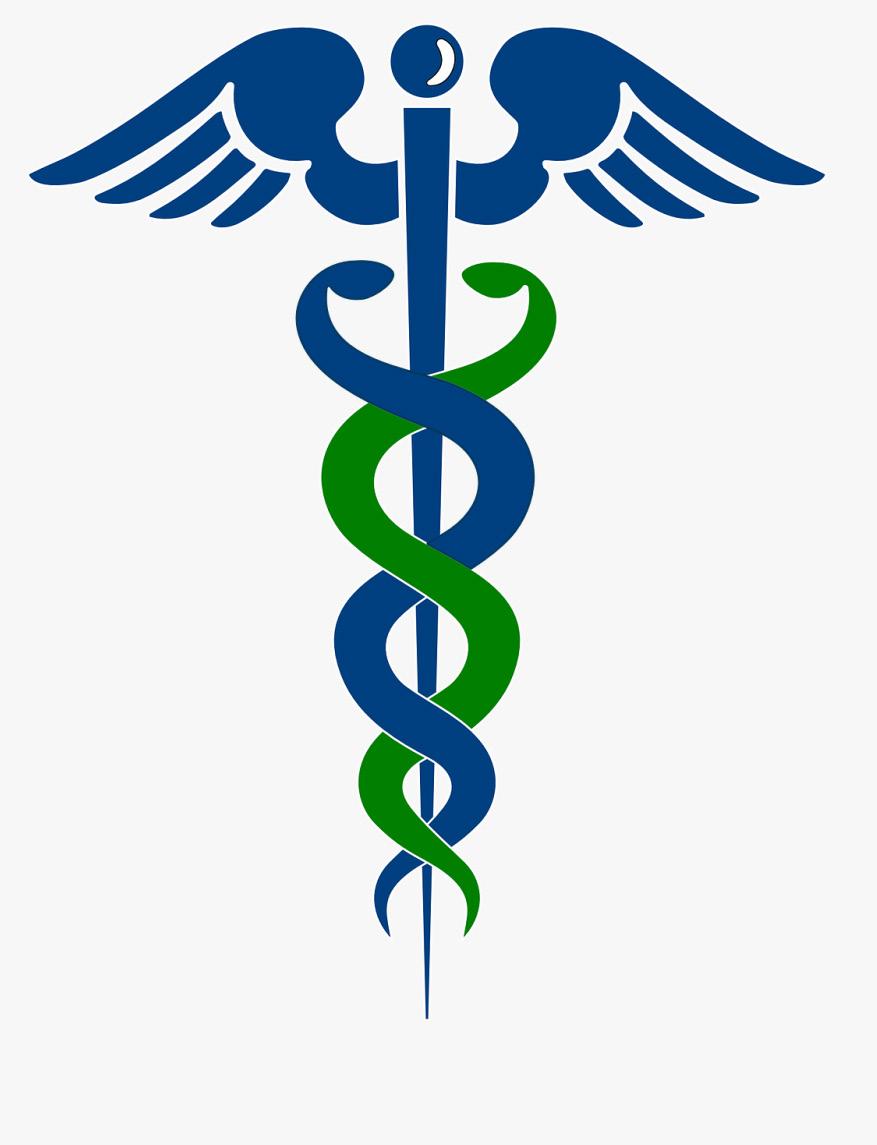
4 minute read
COVID 19 AND LONELINESS
Written by: Sheryl Moore BSc hons (DN) BSc (Nursing Studies) DipHE (RN)

Advertisement
In the United Kingdom (UK), we are now being held under ‘Tier Systems’ to regulate the Coronavirus (GOV.UK). There may be a chance that we may not be able to spend this valuable time with our family and friends if any at all. How many of us are feeling lonely and isolated? How many of us have had to spend months apart from our families, friends, nearest and dearest? How many of us are ‘dreading’ the Christmas period, which is naturally assigned to being with ‘family and friends’. Do we think about those who have no-one? How does being lonely affect our everyday lives? Maybe, the time is now to start thinking what exactly it means to be lonely and how we can help ourselves and each other to overcome feelings of loneliness, especially at this time of year.
Verywellmind (2020) defined loneliness as a “state of solitude or being alone.” Loneliness is a state of mind and described by researchers as feeling lonely more than once a week. Loneliness causes people to feel empty, alone, and unwanted. Lonely people often crave human contact. Life events such as bereavement, relationship break ups, retirement, changing jobs, starting university and moving to a new area can cause loneliness (MIND 2020). People who live in vulnerable circumstances can feel lonely too, such as those who have no family or friends, if you are estranged from your family, if you are a single parent, a carer, suffer discrimination because of your race, gender or sexual orientation, not forgetting those who have suffered any form of abuse may find it hard to build relationships and can feel socially isolated (MIND 2020). Long term feelings of loneliness and isolation can reduce our ability to concentrate, and the inability to connect deeply, interfere with our decision making and the ability to problem solve. Loneliness can also lead to feelings of self doubt, self worth, feelings of anxiety and depression (Cigna 2019). Contrarily to beliefs, loneliness can affect even the most outgoing person, ‘being the life of the party’ does not exclude some from feeling lonely (Cigna 2019). Therefore, loneliness can have an impact on all aspects of lives and affect our health. Loneliness can also affect your health. Cortisol is a hormone that the body produces when it is under stress. Chronic loneliness can drive up hormone levels, inflammatory responses, cause excess weight gain and cause insulin resistance (Cigna 2019). If these issues are not addressed they can put u at risk of depression, diabetes, heart disease, increase blood pressure (hypertension) emotional problems and possibly substance abuse. The UK government has stated that it is tackling loneliness, as loneliness matters to everyone, individuals, employers, communities, educators and health professionals (GOV.UK). The aim being to support people to have meaningful relationships, as we all need to take action to tackle loneliness across society (GOV.UK). Prior to Coronavirus, it was recognised that loneliness was becoming more prevalent in todays world. A ‘Strategy for tackling loneliness’- laying the foundations for change was established

alongside the newest report – ‘Loneliness Annual Report’ published in January 2020 (GOV.UK). Also, Loneliness awareness week’s, main focus was to raise awareness of loneliness, understand the problems and reduce the stigmas attached. The ‘Let’s talk Loneliness’ campaign - was one of the ways in which Loneliness was addressed publically. The aim here was to get people to talk openly about being lonely, to offer guidance and how to support yourself and others (GOV.UK).

Talk to family or friends – a simple chat can make a difference Send text or emails – these can start conversations Join a book club – this will enable you to make new friends with people who share the same interests Join online events – for example there are many clubs you can join like exercise classes, zoom soca parties, writing classes. Search for subjects or things that you like. Talk with people who are in a similar situation as you. This can be a lifeline for some (GOV. UK).
HELP PEOPLE TO STAY CONNECTED
Become a volunteer, although this may be difficult during this Covid-19 time, however, there is guidance on how to do this safely (GOV.UK). The UK’s National Health Service (NHS) has introduced ‘volunteer responders’ and Age UK have a Telephone befriending service. Talk to someone about how you’re feeling. For the Samaritans call 116 123 for free or email at jo@samaritans.org Silverline: for people aged 55 and over, call 0800 4 70 80 90 for free The Mix provides free, confidential help for under 25s online and via a helpline. Call 0808 808 4494, text THEMIX to 85258 or use their online chat service on the website. If you are lonely or finding it difficult to cope in these uncertain times, call the free and confidential British Red Cross coronavirus support line on 0808 196 3651, open 10am to 6pm every day. (GOV.UK) Don’t forget to practice ‘self care’, a healthy diet, exercise and getting enough sleep can all help with lifting your mood.

Loneliness affects millions of people (Cigna 2019). There are many ways of overcoming it. The key: To realise how you feel, acknowledge how you feel, and finding the best strategy for ‘you’ to overcome your loneliness. Remember, loneliness is also sign that something needs to change. Should you require any further advice or support please see resources below.
RESOURCES
www.cigna.com www.gov.uk www.letstalkloneliness.co.uk www.mind.org www.salvationarmy.org.uk www.verywellmind.com

